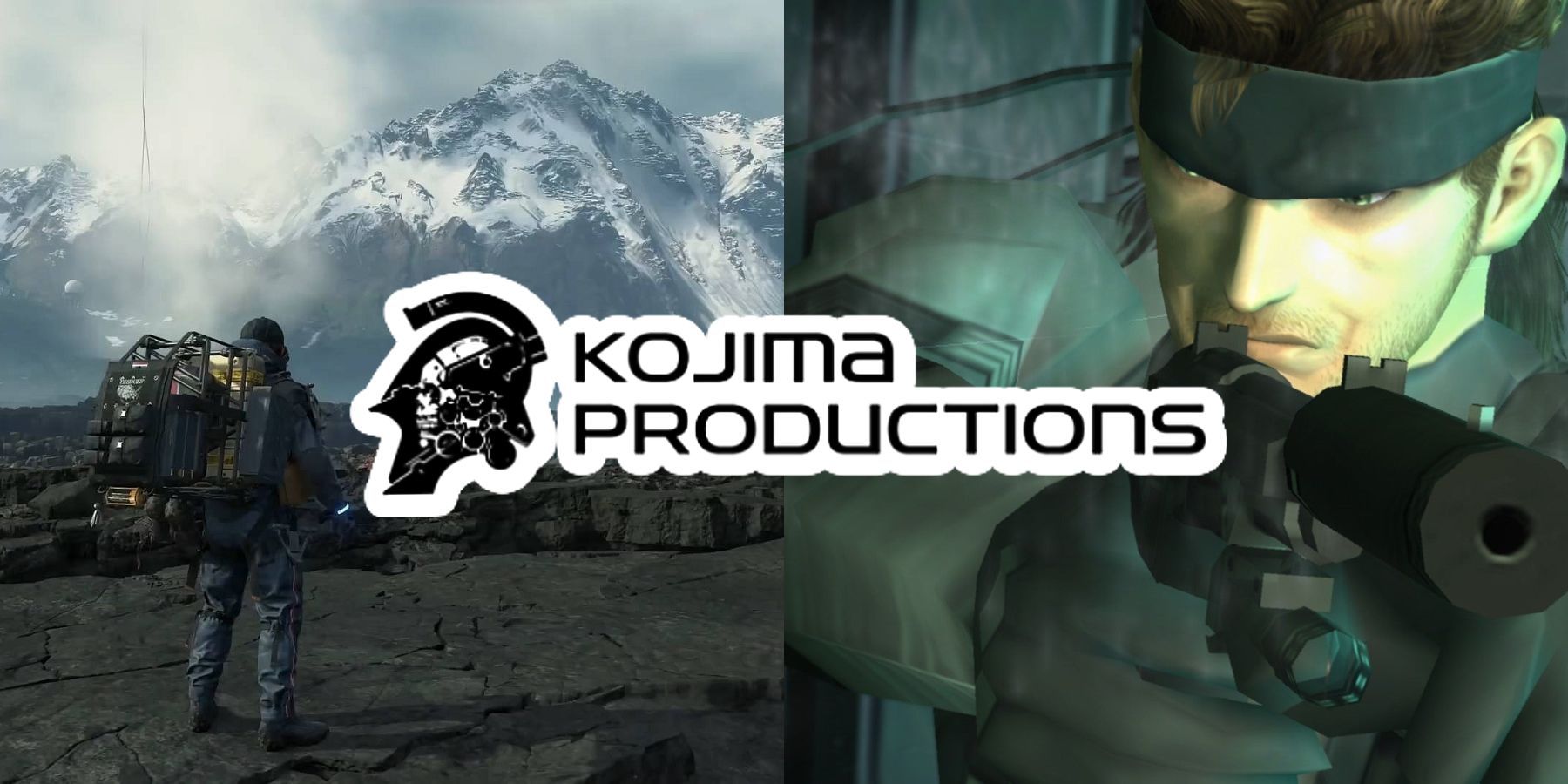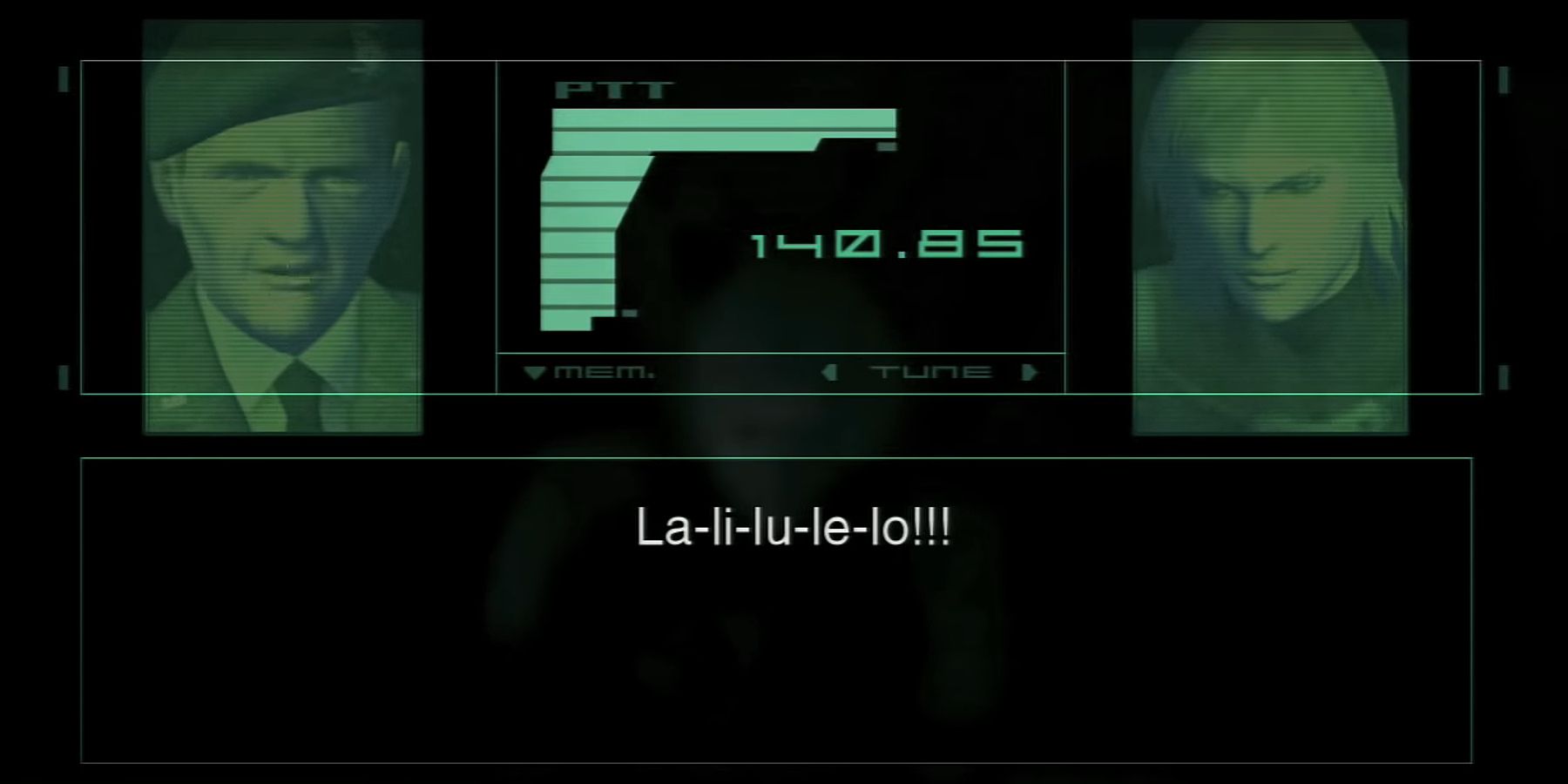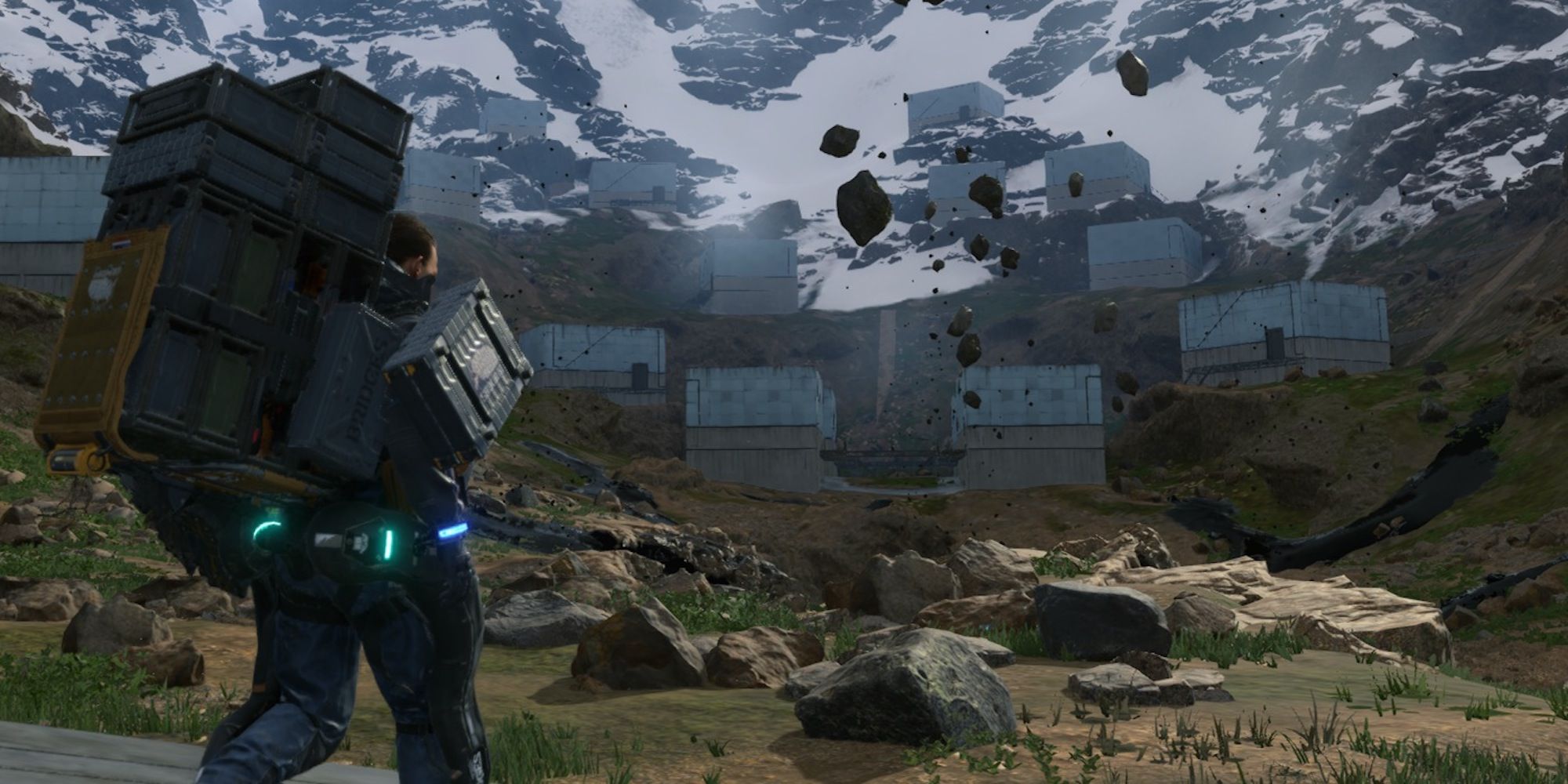Hideo Kojima and his team at Kojima Productions have become renowned for numerous games, from the Metal Gear Solid franchise to Death Stranding. Part of that fame is owed to the sometimes bizarre stories these games tell, full of so many twists and turns that it can become almost comical. However, the more interesting side to these stories isn't their overt narrative, but rather the deeper meanings they hold, with some of these themes predicting elements of reality.
Kojima Productions' games have offered thoughtful critiques of sociological and political ideas in ways that many modern titles rarely achieve, let alone ones from over two decades ago. Themes in those early games were already interesting when first explored, yet became increasingly relevant as time went on. Before the studio had its current name, this was limited to the Metal Gear Solid franchise, but as Hideo Kojima has moved on to other projects, he has maintained a knack for almost clairvoyant storytelling.
Metal Gear Solid - Militarism, Fake News, and Digital Privacy
Metal Gear Solid focuses on war, nationalism, and the covert nature of the state. These ideas have been relevant for centuries, but some of Kojima's messages have been ahead of their time; the Metal Gear machines began as anti-nuclear weapon metaphors and later became relevant as a warning about drone warfare and autonomous weapons. Yet the most interesting tale when it comes to MGS' prescient stories is that of 2001's Metal Gear Solid 2: Sons of Liberty. The game reveals that protagonist Raiden's missions were all a ploy to gather data for a sentient AI that aims to control the flow of information in society, ostensibly for its betterment.
One motivation the AI in Metal Gear Solid 2 provides is that the digitization of its 2011 setting promotes frivolous information, harming society's collective knowledge. When everyone has a platform and there is an endless choice of what information to consume, trivial things have as much reach as significant or tragic events. This has now become a reality as social media promotes an ever-present 24-hour news cycle, whereby things move on and off of a carousel of information so those who disseminate information can maintain relevance. In some ways, MGS2 foresaw this trend that was precipitated by the move of news to online platforms.
Later, the AI argues that a digital age also promotes misinformation, suggesting ideas go through a process of natural selection in the same way genes do. The problem arises that most people prefer information that confirms their existing views, and therefore select only for those views regardless of their validity. It summates this as a world where "no one is invalidated, but nobody is right." Some have likened this part of MGS2 to the creation of echo-chambers on social media, wherein communities are made up of people who agree on issues. This leads to things like arguments over fake news, which has cropped up more often in recent years.
This analysis seems compelling, yet the AI is clearly still malicious. As such, it has been compared to the Cambridge Analytica scandal of the late 2010s that had the falsely righteous aim of improving society. The Metal Gear antagonist's real aim was censorship and control of information, just as Cambridge Analytica's data was used to push targeted campaigning for Facebook users. Additionally, it was doing so for the Patriot's aim of covertly controlling society, while Cambridge Analytica was covertly using power for far-right political campaigns. Kojima's story highlighted the dilemmas between security and freedom in data privacy long before it became a common issue.
Death Stranding - Lockdowns and Loneliness
Released in 2019, Death Stranding was the first game from Kojima Productions following Hideo Kojima's split from Konami. Both its gameplay and story were markedly different from Metal Gear Solid, moving to a post-apocalyptic walking simulator rather than a military sci-fi stealth game. Where MGS focused on political and militarist themes, Death Stranding was more concerned with human stories around themes of loneliness and identity.
The game's story has been likened to the impact of the COVID-19 pandemic, even though the pandemic's effects weren't fully felt until months after its release. Protagonist Sam Bridges, portrayed by Norman Reedus, works as a "porter" who delivers goods and services to Americans, in particular connecting them via new networking technology. It's unsafe for anyone to leave their home due to the dangerous weather phenomenon called timefall, and fans have pointed out the way this bears a resemblance to lockdowns that much of the world was plunged into.
Death Stranding touches on more personal things like the fact that, even with communication, forming bonds and relationships is difficult for people who are physically separated. Sam suffers from aphenphosmphobia - fear of physical contact - as well as a condition that seems to cause scarring or bruising on contact. For many, this parallels a time when contact with loved ones was frightening for fear of transmitting COVID-19.
Even Sam's experience during Death Stranding became a reality for some. Sam seldom receives suitable rewards, or even much thanks from those he delivers to, despite being plunged into dangerous situations repeatedly. This matches those who put their lives on the line for delivery and sanitation purposes, employees were applauded as "essential workers" despite rarely seeing improvements to wages and working conditions. In a way, Sam reflects the performative praise, yet material injustice faced by such workers during the COVID-19 pandemic.
Death Stranding's prophetic story is maybe even more impressive than that of MGS. While issues like drone warfare, bloating online information, and digital surveillance were novel to audiences at the release of Metal Gear Solid 2, they were part of smaller academic and theoretical conversations. Death Stranding is different in that its development began years before the world knew COVID-19 existed. Emotional themes about loneliness are nothing new, but the ways it portrays a global lockdown, fear of physical contact, and Sam's occupation are strikingly similar, lending credence to Kojima and his staff's capacity for storytelling.



